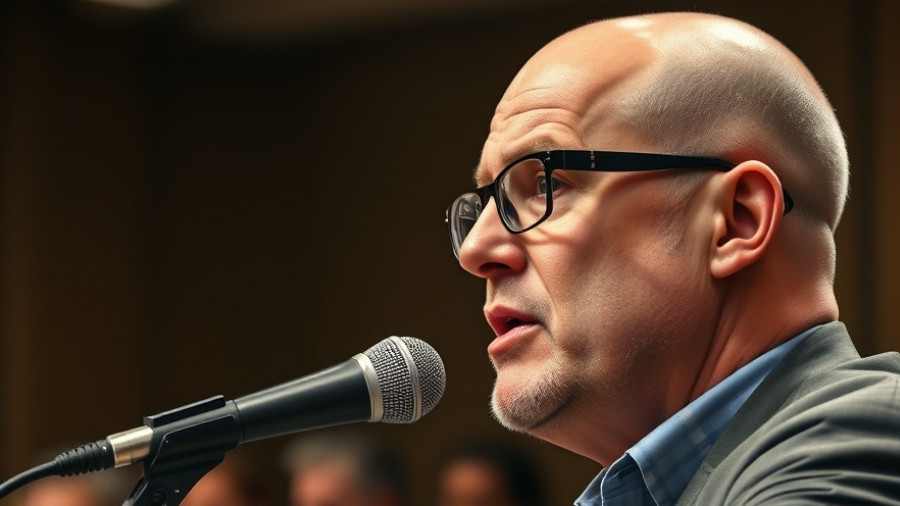
Understanding the Impacts of Project Pauses
The recent announcement by the U.S. Army Corps of Engineers to pause over $11 billion in projects inevitably raises questions among taxpayers. These projects, which include significant infrastructure plans in cities like New York, San Francisco, Boston, and Baltimore, are deemed "lower-priority" according to budget chief Russell Vought. This decision comes amid an ongoing government shutdown that has extended into weeks, leaving critical services and infrastructure development hanging in uncertainty.
What's at Stake for Federal Projects?
As the shutdown persists, not only are these projects stalled, but there are fears that they could be canceled altogether. Projects that focus on vital improvements in water management, transportation systems, and environmental protections are now at risk, affecting cities that rely on federal funding. With New York alone accounting for around $7 billion of the halted funds, the impact on infrastructure and community services cannot be overstated. Taxpayers might soon find themselves bearing the brunt of delayed repairs and upgrades.
A Political Chess Game?
This situation raises questions about the motivations behind these project cuts. The Trump administration, represented by Vought, is framing the shutdown as an opportunity to slash federal funding in states represented by Democratic lawmakers, thus using infrastructure as a bargaining chip in political negotiations. By targeting projects in cities known for their Democratic leadership, supporters argue this pressure tactic is aimed at forcing Democrats into a funding compromise. Critics, however, view this as an unnecessary risk to public services.
Future Predictions: What Lies Ahead?
As the government shutdown continues, many are left wondering about the future of these critical projects and federal jobs. With Vought indicating that over 10,000 federal jobs could be at risk, the potential layoffs are not just numbers; they represent families and livelihoods affected by the political maneuvering. This scenario amplifies concerns about service delivery in the long run, especially concerning urban communities that are already struggling with inadequate infrastructure.
Taxpayer Perspectives on Funding Halt
For many taxpayers, the implications of these funding halts extend beyond mere inconvenience; they reflect a shift in governmental priorities. Taxpayers concerned about how their funds are allocated might relate closely to these developments. The cuts come at a time when strategic tax deductions and responsible tax planning are vital. Understanding which projects are being prioritized—and which are not—might influence taxpayers' sentiments towards their elected officials and their fiscal policies.
Amidst this tumultuous backdrop, it serves taxpayers well to engage more actively with local and state leaders to ensure the voice of the community is heard regarding which projects should move forward.
 Add Row
Add Row  Add
Add 




Write A Comment